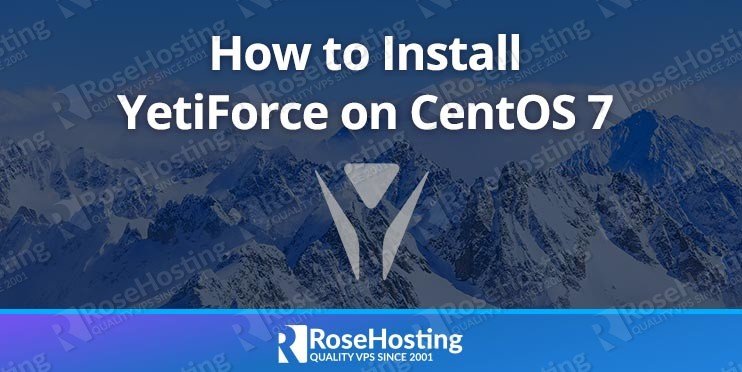In this article, we will be installing and setting up Docker on a Debian 9 VPS.

Here are the top reasons why organizations and businesses use Docker:
- Increased developer productivity
- Increased deployment velocity
- Increased IT operation efficiency
- Faster resolution of issues that may arise
- Reduction in IT infrastructure cost
Docker is currently developed and maintained by Docker Inc. and is written using the mainstream Go programming language. It is licensed under Apache License 2.0. As of writing, the latest stable version of Docker is 18.09.5.
There are currently two editions of Docker:
- Docker CE – Community Edition – Open Source Software supported by the community and Docker Inc.
- Docker EE – Enterprise Edition – certified and supported by Docker Inc.
Let’s start installing Docker.


 Elgg is an open-source social networking platform where users are able to build all kinds of social environments, such as a campus-wide social network for your university, school, or college, or an internal collaborative platform for your organization. It offers many additional features such as blogging, micro blogging, networking, groups and much more.
Elgg is an open-source social networking platform where users are able to build all kinds of social environments, such as a campus-wide social network for your university, school, or college, or an internal collaborative platform for your organization. It offers many additional features such as blogging, micro blogging, networking, groups and much more.

 like a sleek, rich, widget-based dashboard and a comprehensive library of modules for almost any kind of business, there’s something that everyone will love about YetiForce.
like a sleek, rich, widget-based dashboard and a comprehensive library of modules for almost any kind of business, there’s something that everyone will love about YetiForce.

 Ultimate Web Performance & Scalability
Ultimate Web Performance & Scalability
 alternative to paid control panels – you don’t have to spend any money to use this control panel.
alternative to paid control panels – you don’t have to spend any money to use this control panel.
 database backend.
database backend.